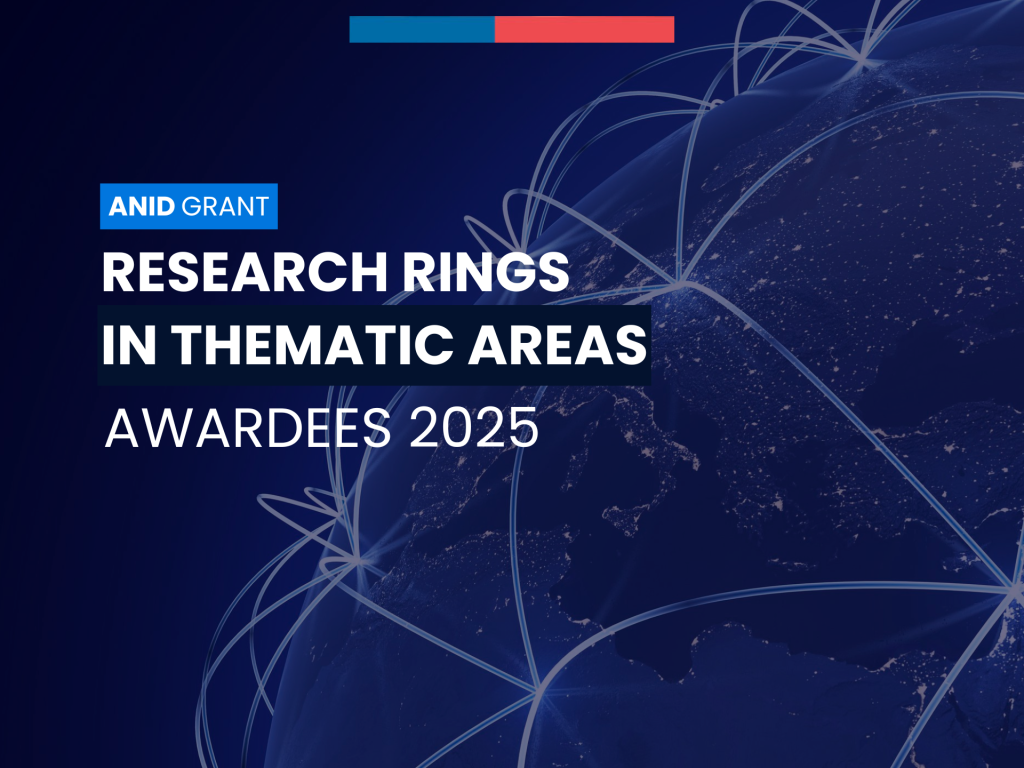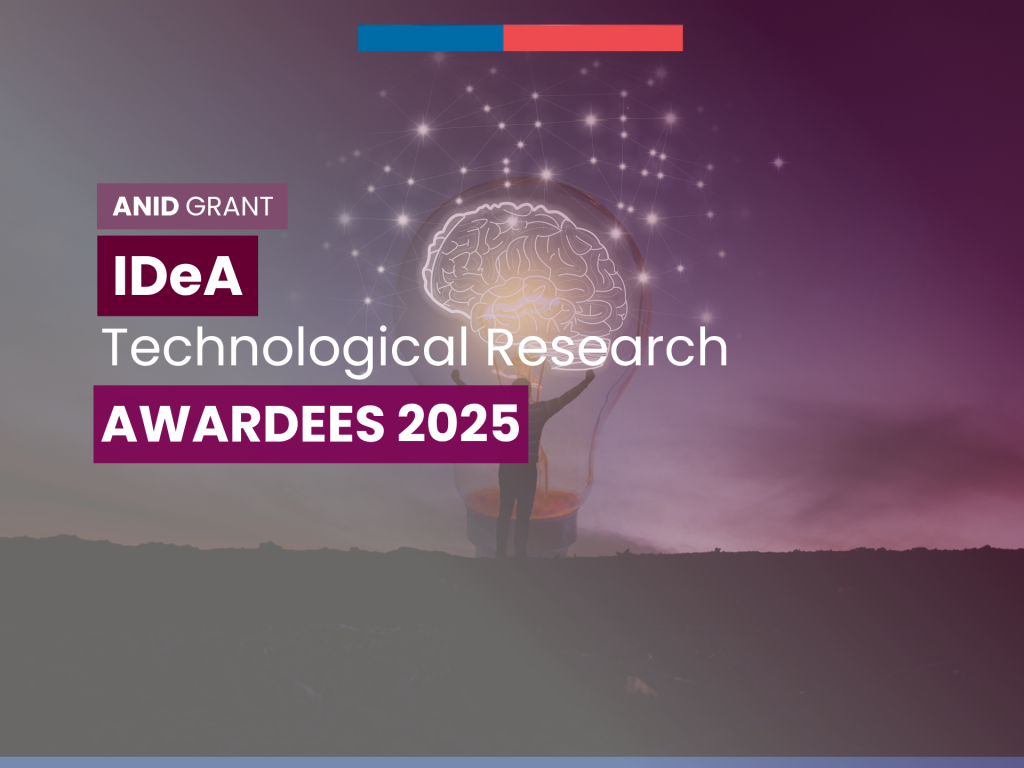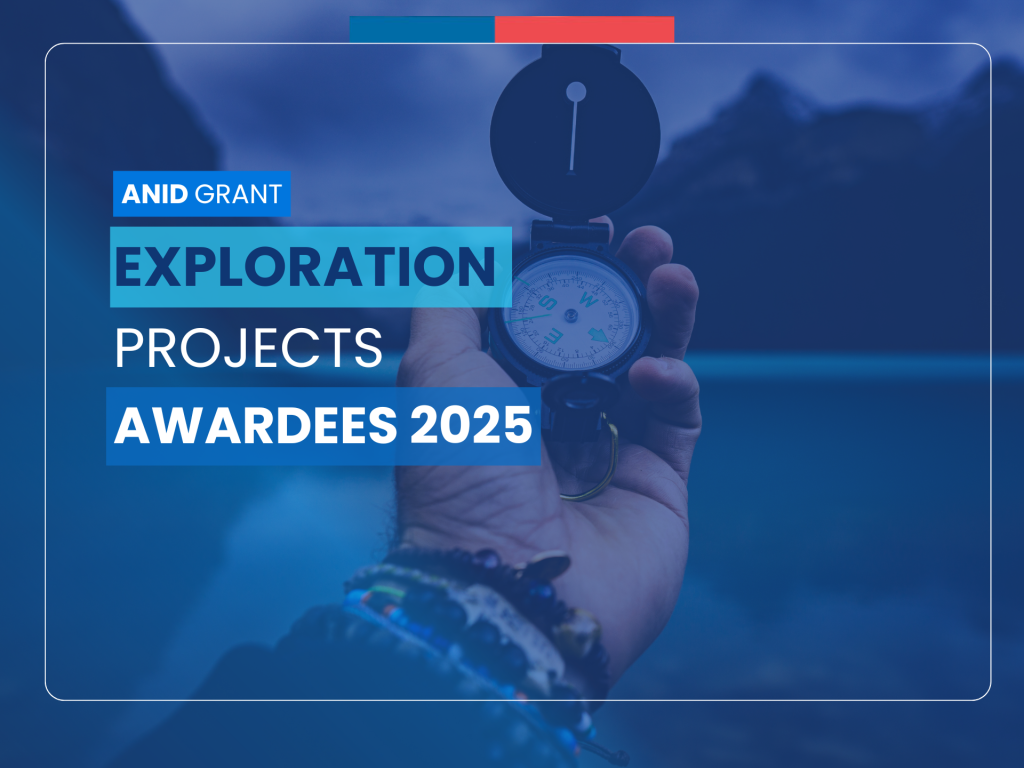The results of the 2025 IDeA I+D Advanced Technologies Competition, run by the National Agency for Research and Development (ANID), were recently announced. This initiative is aimed at supporting applied research and technological development projects that require extended cycles to validate technologies at least at a small-scale prototype level. Among the selected proposals, the University of La Frontera was awarded a project, in which the Pontificia Universidad Católica de Chile participates as a secondary beneficiary in a project awarded to the University of La Frontera.
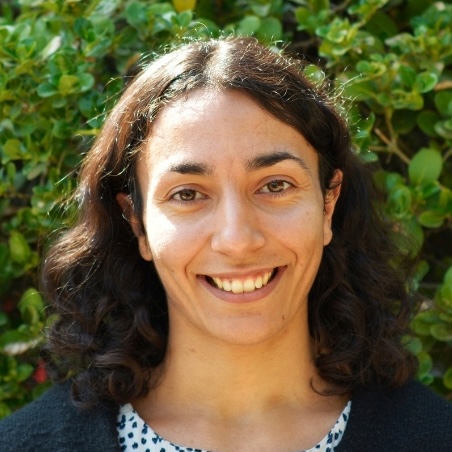
Project title: "Development of a prototype for CO₂ capture and utilization in raw materials from industrial waste: a contribution to the carbon neutrality of the concrete industry"
Lead Beneficiary Institution: University of La Frontera (UFRO)
Secondary Beneficiary Institution: Pontificia Universidad Católica de Chile
UC Researchers: Elodie Blanco, Assistant Professor in the Department of Chemical and Bioprocess Engineering and the Department of Construction Engineering and Management; Iván Navarrete, Assistant Professor in the Department of Construction Engineering and Management.
One of the major challenges in the fight against climate change is reducing greenhouse gas emissions and advancing towards carbon neutrality. In Chile, the production of concrete—which reached 7 million cubic meters in 2022—represents a critical point, as this sector is responsible for approximately 7% of global CO₂ emissions.
In response to this reality, a team of researchers from the University of La Frontera and the School of Engineering of the Pontificia Universidad Católica de Chile are developing an innovative proposal: a prototype capable of capturing CO₂ directly from industrial emissions to then apply it in a process of aqueous carbonation.
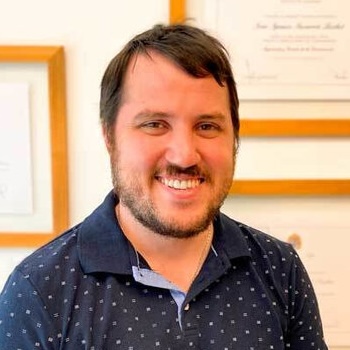
Together, this initiative aims to close the carbon cycle within the industry itself, reducing emissions and transforming industrial waste into useful resources—a concrete step towards cleaner, more circular construction.
These results reflect the UC School of Engineering’s capacity to generate and collaborate on the development of technological solutions that drive scientific progress and sustainability.
